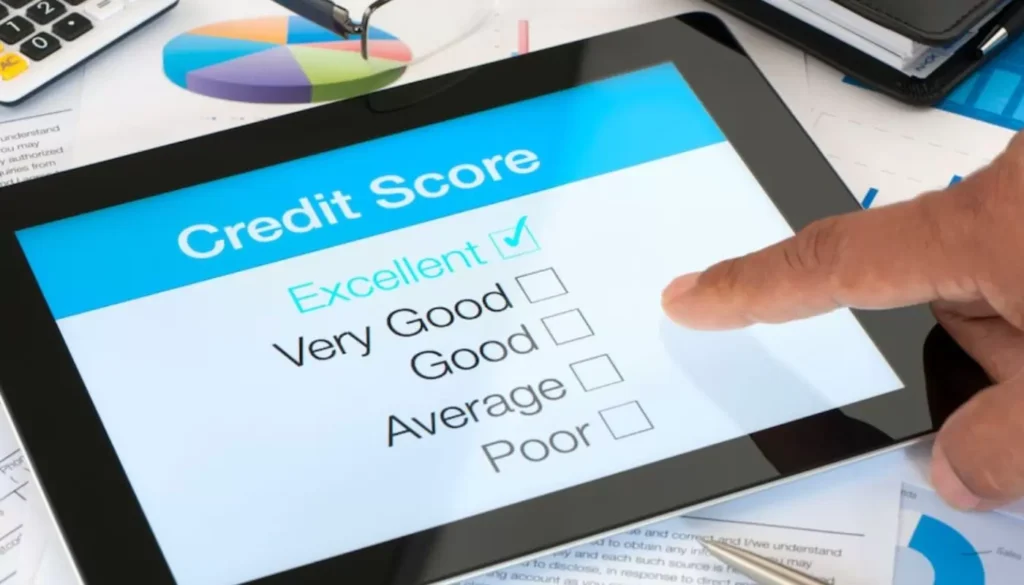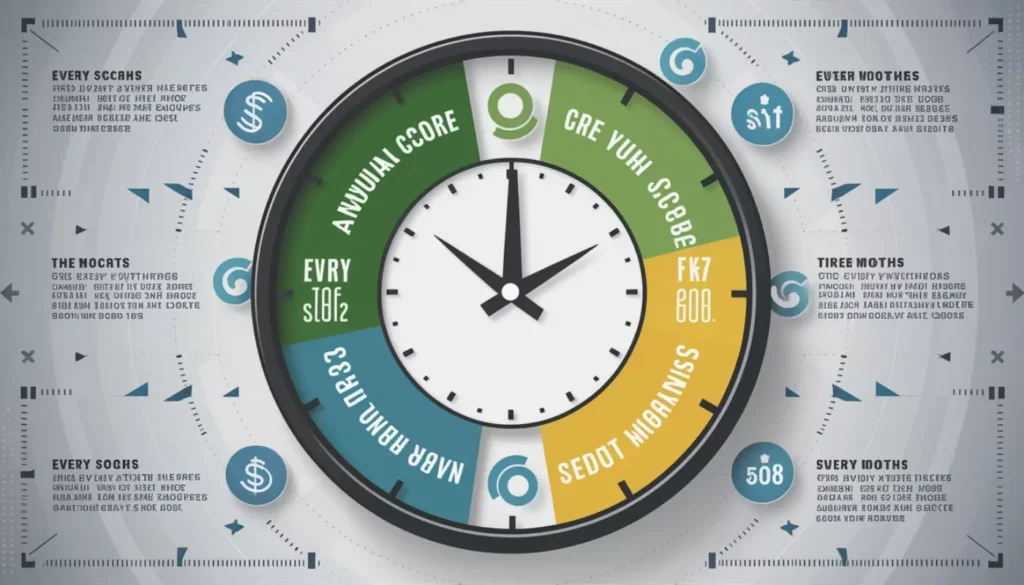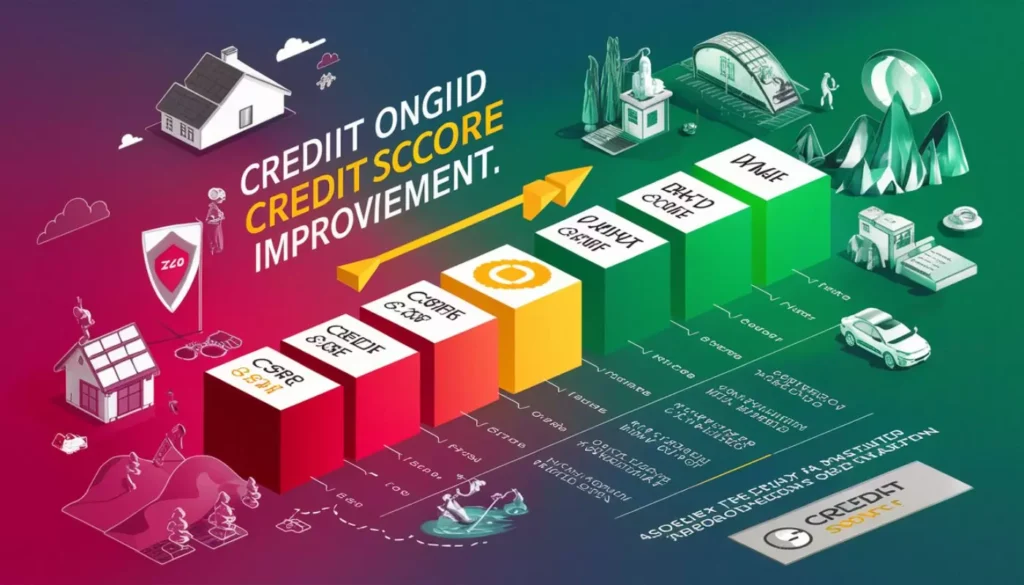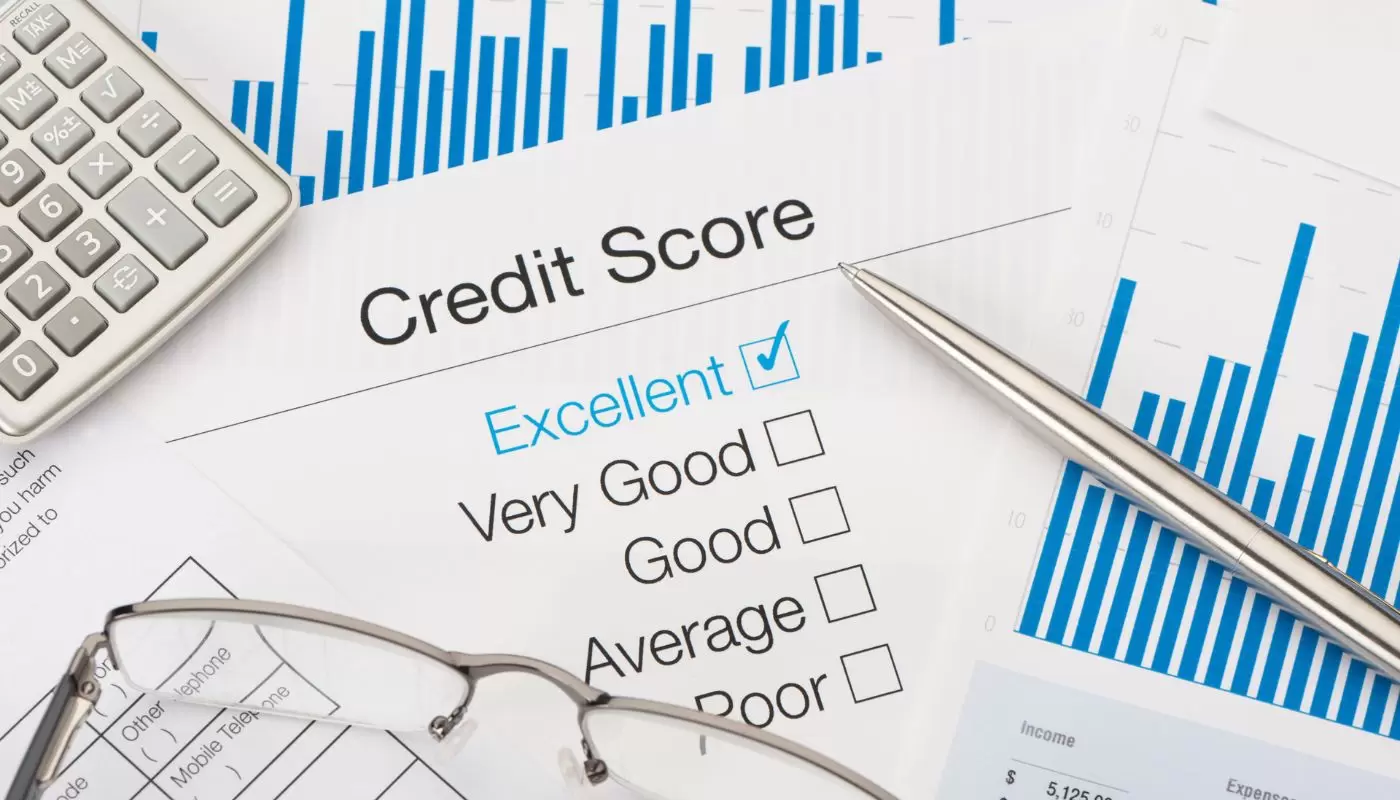In today’s fast-paced financial world, your credit score is more than just a number—it’s the key to unlocking a world of opportunities.
Whether you’re dreaming of owning a home, financing a car, or simply wanting to secure better interest rates on your loans, understanding and managing your credit score is crucial. This comprehensive guide will walk you through everything you need to know about checking your credit rating in 2022, empowering you to take control of your financial future.
Understanding Credit Scores: The Backbone of Your Financial Health
Before we dive into the nitty-gritty of checking your credit score, let’s break down what it actually is and why it matters so much.
What Is a Credit Score?
A credit score is a three-digit number, typically ranging from 300 to 850, that represents your creditworthiness. It’s essentially a snapshot of your financial health, calculated based on your credit history. Lenders, landlords, and even some employers use this score to assess how likely you are to repay debts or fulfill financial obligations.
The factors that influence your credit score include:
- Payment history (35%)
- Credit utilization (30%)
- Length of credit history (15%)
- Credit mix (10%)
- New credit inquiries (10%)
Why Your Credit Score Is a Big Deal
Your credit score isn’t just a random number—it can significantly impact various aspects of your life:
- Loan Approvals: A higher score increases your chances of getting approved for loans and credit cards.
- Interest Rates: Better scores often lead to lower interest rates, potentially saving you thousands over time.
- Rental Applications: Landlords may check your credit to assess your reliability as a tenant.
- Employment: Some employers review credit reports as part of background checks.
- Insurance Premiums: In some states, your credit score can affect your insurance rates.
“Your credit score is like your financial report card. It tells lenders how well you’ve managed credit in the past and how likely you are to repay future debts.” – Financial expert John Ulzheimer
Free Ways to Check Your Credit Score in 2022

Now that we understand the importance of credit scores, let’s explore how you can check yours without spending a dime.
Credit Card and Banking Services
Many financial institutions now offer free credit score checks as part of their services. Here’s a list of some major providers:
- Discover Credit Scorecard
- Capital One CreditWise
- Chase Credit Journey
- American Express MyCredit Guide
- Bank of America Free FICO Score
These services typically update your score monthly and don’t require you to be a customer to use them.
Credit Score Websites
Several websites specialize in providing free credit scores and reports:
- AnnualCreditReport.com: This is the only website authorized by federal law to provide free credit reports from all three major bureaus annually.
- Credit Karma
- Credit Sesame
- NerdWallet
It’s worth noting that while these sites are free, they may offer you credit cards or other financial products based on your score.
Paid Options for Checking Your Credit Score
While free options are great, sometimes paid services offer more comprehensive features.
Credit Bureaus
The three major credit bureaus in the U.S. are Experian, Equifax, and TransUnion. Each offers paid services that include:
- Regular credit score updates
- Full credit reports
- Identity theft monitoring
- Score change alerts
Credit Monitoring Services
For those who want more robust protection and insights, credit monitoring services like MyFICO and IdentityForce offer:
- Tri-bureau credit monitoring
- Identity theft insurance
- Score simulators
- Detailed analysis of your credit profile
How Often Should You Check Your Credit Score?

Keeping tabs on your credit score is essential, but how often should you do it?
Recommended Frequency
For most people, checking your score once a month is sufficient. However, if you’re planning to apply for a major loan or suspect identity theft, you might want to check more frequently.
Impact of Checking on Your Credit Score
Good news! Checking your own credit score is considered a “soft inquiry” and doesn’t affect your score. It’s only when a lender checks your credit for a loan application (a “hard inquiry”) that your score might be temporarily impacted.
Interpreting Your Credit Score
Now that you know how to check your score, let’s talk about what those numbers mean.
Credit Score Ranges Explained
Here’s a breakdown of credit score ranges and what they signify:
| Score Range | Rating | What It Means |
| 800-850 | Exceptional | You’re in the top tier of credit users |
| 740-799 | Very Good | You’re likely to be approved for the best rates |
| 670-739 | Good | You’re a solid borrower but may not get the best rates |
| 580-669 | Fair | You may face higher interest rates or be denied credit |
| 300-579 | Poor | You’ll struggle to be approved for most credit products |
Factors Affecting Your Credit Score
Understanding what impacts your score can help you improve it:
- Payment History (35%): Paying bills on time is crucial.
- Credit Utilization (30%): Keep your credit card balances low relative to your limits.
- Length of Credit History (15%): Longer credit histories are generally better.
- Credit Mix (10%): Having different types of credit (e.g., credit cards, loans) can help.
- New Credit Inquiries (10%): Too many new applications in a short time can hurt your score.
Tips to Improve Your Credit Score in 2022
Whether your score needs a major overhaul or just a little boost, these strategies can help:
Quick Wins
- Set up automatic payments to ensure you never miss a due date.
- Pay down credit card balances to lower your credit utilization.
- Become an authorized user on a family member’s credit card with a good payment history.
Long-Term Strategies
- Keep old accounts open, even if you don’t use them often, to maintain a longer credit history.
- Diversify your credit mix by responsibly managing different types of credit.
- Regularly review your credit report for errors and dispute any inaccuracies.
Common Credit Score Myths Debunked
Let’s clear up some misconceptions about credit scores:
Myth: Checking Your Own Score Lowers It
Truth: As mentioned earlier, checking your own score is a soft inquiry and doesn’t impact your credit score.
Myth: Closing Old Accounts Helps Your Score
Truth: Closing old accounts can actually hurt your score by reducing your available credit and shortening your credit history.
Myth: You Only Have One Credit Score
Truth: You have multiple credit scores. Different scoring models (like FICO and VantageScore) and even different versions within those models can result in varying scores.
Case Study: The Power of Credit Score Improvement

Meet Sarah, a 28-year-old software developer from Chicago. Two years ago, her credit score was a modest 620. She decided to take control of her finances:
- Set up automatic payments for all her bills
- Paid down $5,000 in credit card debt
- Disputed and removed an error on her credit report
- Avoided applying for new credit cards
Result: After 18 months, Sarah’s score jumped to 740. This improvement allowed her to:
- Refinance her student loans, saving $150 per month
- Qualify for a rewards credit card with a $10,000 limit
- Secure an apartment lease without needing a cosigner
Sarah’s story demonstrates how a focused effort to improve your credit score can open up new financial opportunities.
Conclusion.
Your Path to Financial Savviness
Understanding and managing your credit score is a crucial step towards financial empowerment. By regularly checking your score, understanding what influences it, and taking proactive steps to improve it, you’re setting yourself up for a brighter financial future.
Remember, your credit score is a reflection of your financial habits, not your worth as a person. Whether you’re rebuilding your credit or aiming for that perfect 850, the journey to better credit is a marathon, not a sprint.
So, start today. Check your credit score, review your report, and make a plan to boost your financial health. Your future self will thank you for the smart decisions you make now.
Frequently Asked Question.
- How long does it take to improve a credit score?
While you might see small improvements in a few months, significant changes usually take 6-12 months of consistent good credit behavior.
- Can I check my credit score if I have no credit history?
Yes, but you may not have a score if you’ve never used credit. In this case, focus on building credit with a secured credit card or becoming an authorized user on someone else’s account.
- What’s the difference between a credit score and a credit report?
A credit report is a detailed record of your credit history, while a credit score is a number calculated based on the information in your credit report.
- How do I dispute errors on my credit report?
Contact the credit bureau reporting the error in writing, explaining what information you believe is inaccurate. The bureau must investigate and respond within 30 days.
- Do all lenders use the same credit score?
No, lenders may use different scoring models or even create their own. However, FICO scores are the most widely used.
By following this guide and staying proactive about your credit, you’re well on your way to becoming a savvy credit user and unlocking better financial opportunities. Here’s to your financial success in 2022 and beyond!

Marathi author Anju Mary has made a mark in the literary world with her innovative storytelling and deep passion for reading. Her unique narrative style and creative approach offer readers a distinctive and enriching experience, solidifying her reputation as a prominent writer.











